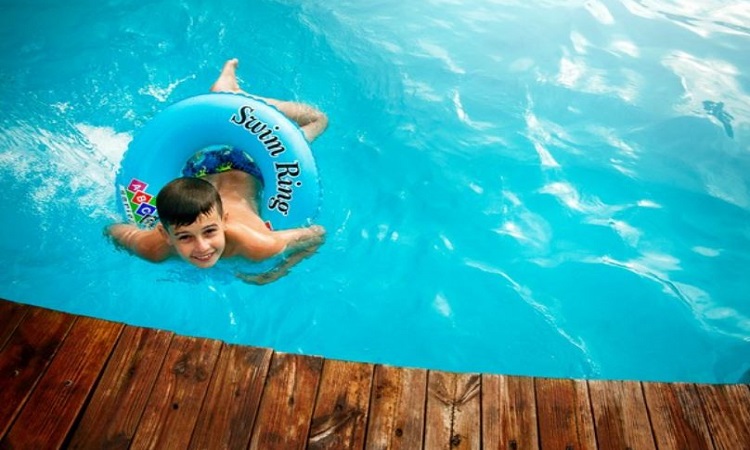 English
English

Researchers proved that errors in traditional swimming training might be solved via self-determination theory. Read further on Dynamite News:

Washington: Researchers proved that errors in traditional swimming training might be solved via self-determination theory. The findings were published in Frontiers in Sports and Active Living.
Swimming lessons are not only potentially life-saving; they also give a full-body workout that enhances cardiovascular and lung health. While most children in high-income countries learn to swim, few join a swimming club afterwards.
Lead author Carola Minkels, a doctoral student at the Department of Human Movement Sciences of the Free University Amsterdam, said, “Here we show that swimming lessons in the Netherlands poorly support the intrinsic motivation of children: their need for autonomy is thwarted, while their needs for competence, and relatedness are only weakly supported.”
“Fortunately, we also show that teachers can be taught to better support these needs if they adopt a swim teaching program explicitly designed for this.” Minkels and colleagues observed how swimming is typically taught, and evaluated the lessons in the light of the ‘self-determination theory’ of human motivation and personality.
According to this theory, we enjoy activities best and persist in them when we are self-determined – that is, becoming and keeping motivated without prodding or supervision.
“Motivation is a prerequisite for all forms of learning, including motor learning. A more motivating teaching style is therefore more likely to improve the swimming capability of children,” said Minkels.
Self-determination theory posits that autonomy, competence, and relatedness jointly shape self-determination. Autonomy refers to our need to feel in control of our own choices, behaviours, and goals, without external control.
Competence means our need to feel effective in our behaviour, while relatedness is our need to feel connected and belong to a social group.
Two independent observers observed and recorded every instruction, demonstration, verbalization, and action by the teacher. At the end of the class, they gave each teacher a score on a seven-point Likert scale – developed and validated in a previous study on teaching styles – separately for how strongly she or he had thwarted or supported autonomy, competence, and relatedness.
The higher the score, the more a behaviour supported the need. The median scores for autonomy, competence, and relatedness were 3.50, 4.33, and 5.5 points.
“Instructors scored significantly lower on the employment of autonomy in swimming lessons than on the employment of competence and relatedness,” wrote the authors.
The authors concluded that there is scope to improve the teaching style of swimming teachers in the Netherlands, especially in terms of nurturing autonomy in children.
Importantly, teachers trained in the EasySwim program were found to have significantly better scores for autonomy, which means that nurturing the three basic needs can be taught.
“We recommend that swimming instructors employ a teaching style that supports autonomy, competence, and relatedness. We expect that such a teaching style will not only stimulate children to improve their swimming skills but also to enjoy it and to continue swimming once they have learned, for example by joining a club,” said Minkels. (ANI)
No related posts found.